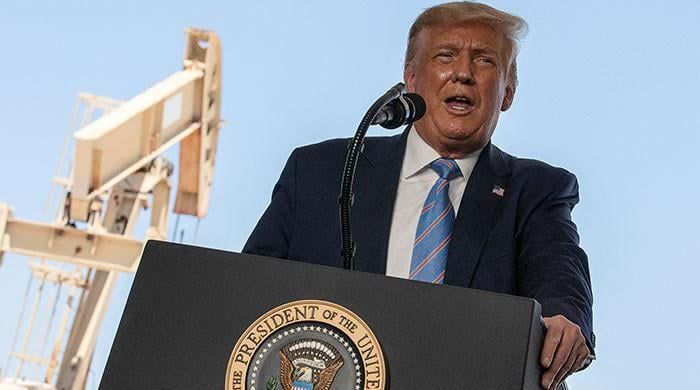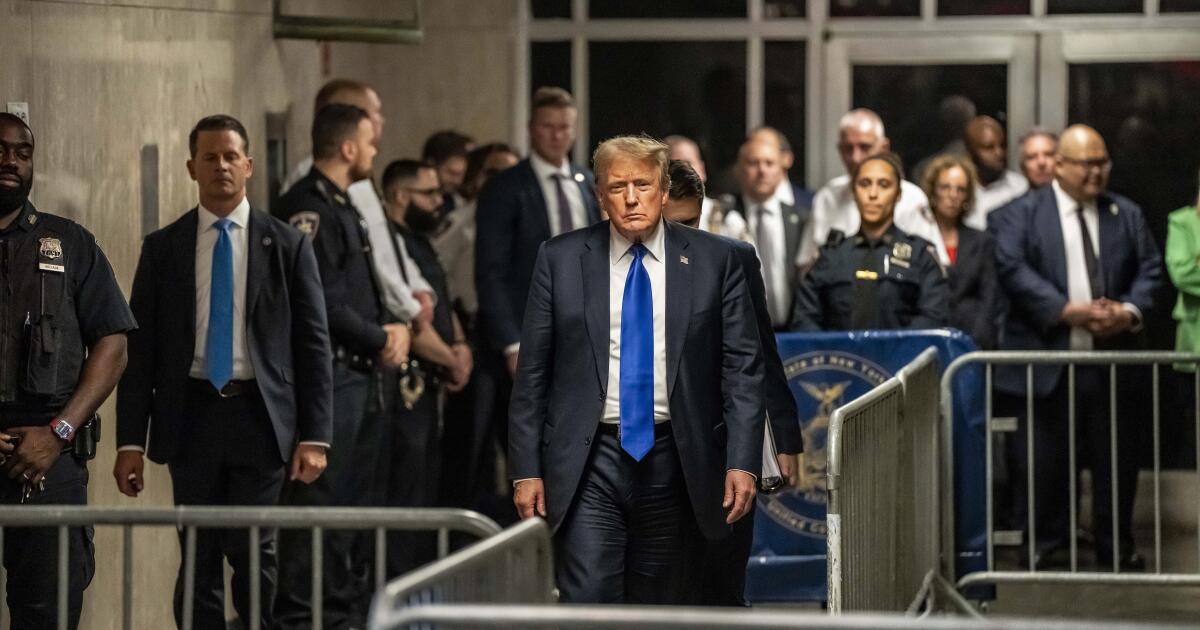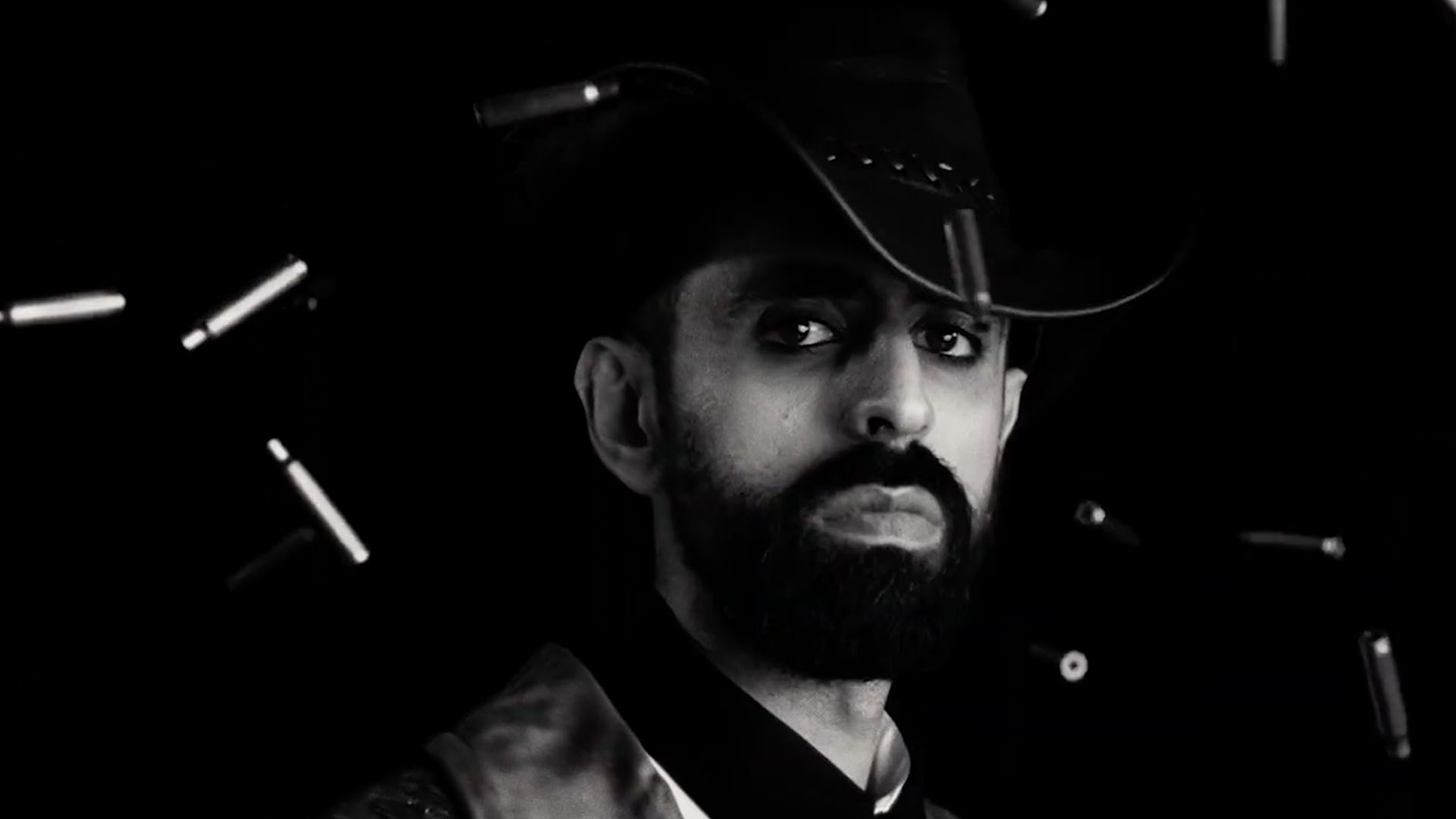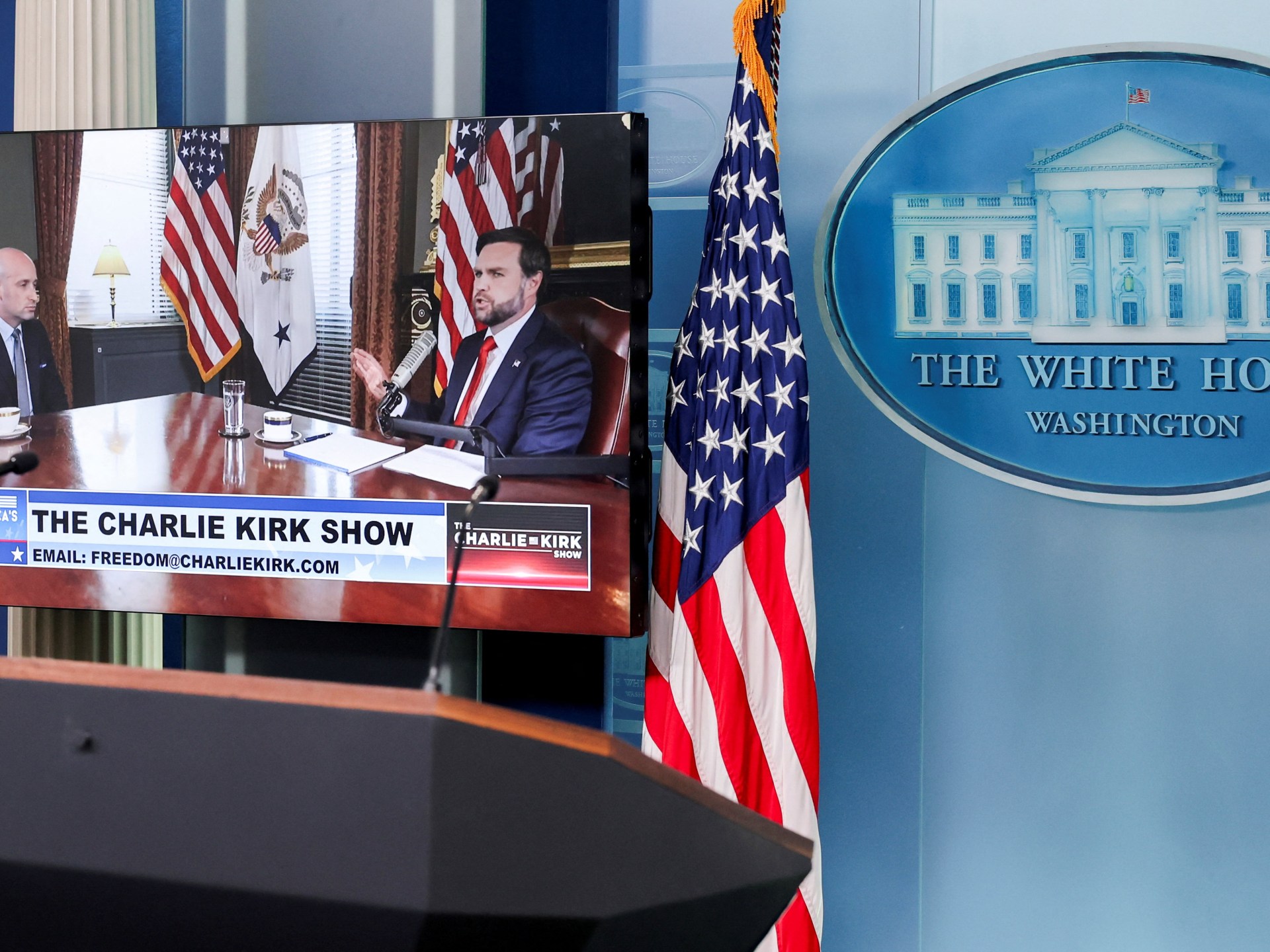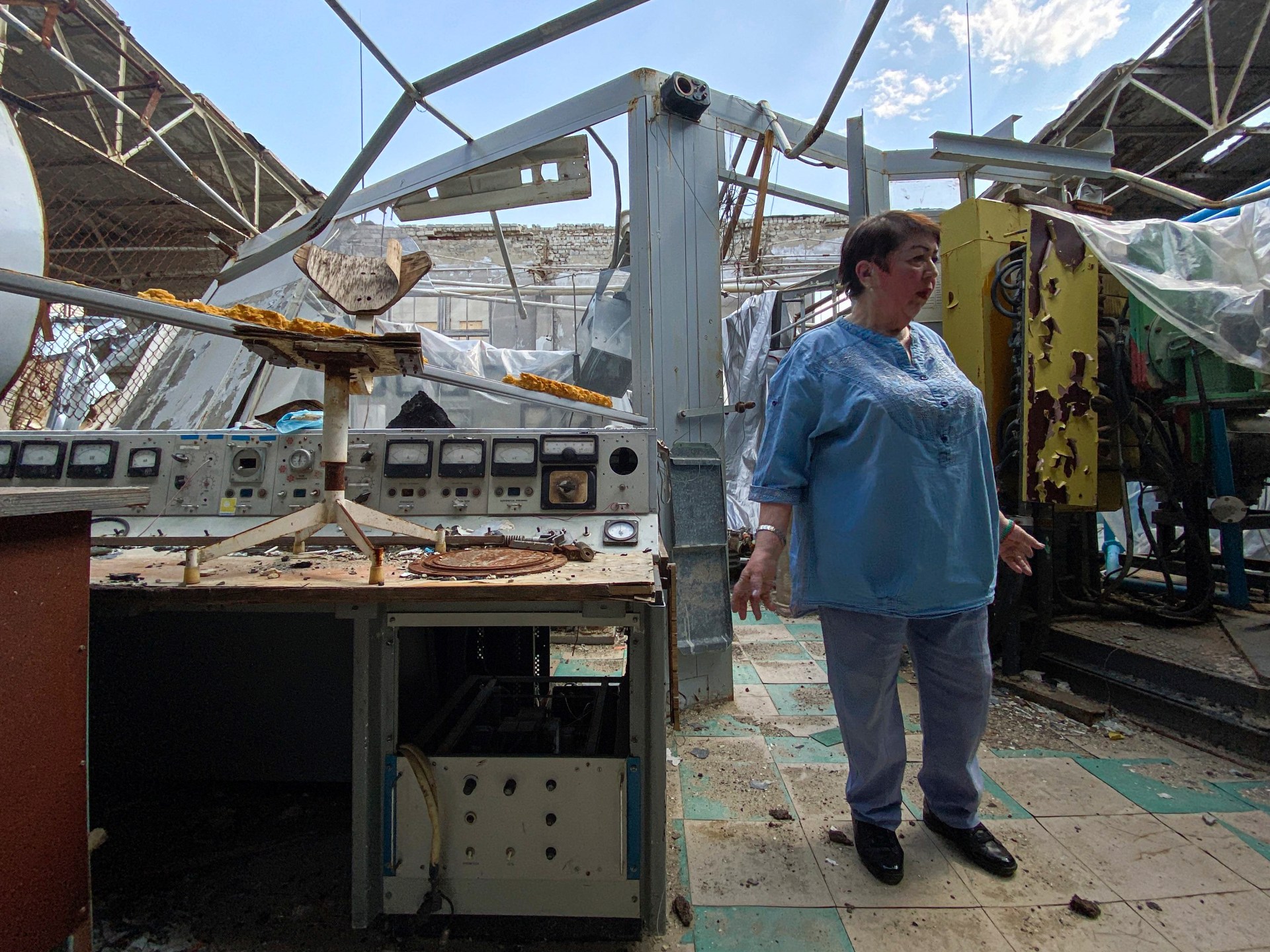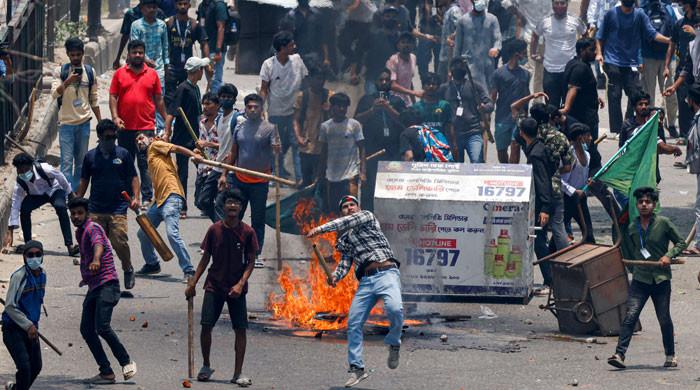NEW YORK: A New York appeals court on Tuesday rejected President-elect Donald Trump's request to postpone sentencing related to his criminal conviction for hush money payments to a porn star.
The sentencing, scheduled for Friday, follows Trump's conviction on charges related to alleged payments to silence adult film actress Stormy Daniels during his 2016 presidential campaign.
Associate Judge Ellen Gesmer of the Appellate Division, a mid-level state appeals court, made the decision after holding a hearing on Trump's latest effort to block the trial judge's ruling Monday to proceed with sentencing. , scheduled for 10 days before its inauguration.
In his ruling Monday, Judge Juan Merchán rejected a request by Trump's lawyers to delay sentencing while they appealed two of the judge's earlier rulings upholding the Manhattan jury's May guilty verdict on 34 felony counts of forgery. commercial records. The judge called Trump's delay request primarily “a rehashing of arguments he has raised numerous times in the past.”
In scheduling Trump's sentencing for Friday, Merchan said he was not willing to send Trump to prison. The judge said a sentence of unconditional release, which would effectively put a guilty trial on his record without fine or probation, would be the most practical approach given Trump's imminent return to the presidency.
At the half-hour hearing on Trump's request for a delay Tuesday afternoon in Manhattan, Gesmer pressed Trump attorney Todd Blanche on his argument that a sitting president's immunity from prosecution extends to the term of office. transition between election victory and taking office.
“Do you have any support for the idea of presidential immunity being extended to the president-elect?” -Gesmer asked.
Blanche replied: “There has never been a case like this before, so no.”
But Blanche raised the possibility that Judge Juan Merchán, the trial judge, could impose a prison sentence that would extend beyond the Jan. 20 inauguration despite the judge's indication that he would not do so.
“I don't find that hypothesis very useful,” Gesmer said, asking Blanche to focus on her arguments related to presidential immunity.
Gesmer asked a lawyer from Manhattan District Attorney Alvin Bragg's office, who brought the case, to address Trump's argument that the sentence would interfere with the presidential transition.
Steven Wu, the state's attorney, said Merchan had addressed those issues by scheduling sentencing before the inauguration, allowing Trump to appear virtually and indicating that he would not send Trump to prison.
Wu also noted that the sentencing initially scheduled for July had been delayed several times at Trump's request, arguing that it was “untrue” for Trump to now claim that the timing of the sentencing was impractical. Gesmer seemed to agree.
“If I were concerned about this issue, I could easily have started this procedure in July or September,” Gesmer said.
In a one-line written decision issued about a half-hour after the hearing ended, Gesmer wrote: “After consideration of the submitted documents and extensive oral argument, (Trump's) request for a provisional stay is denied.”
'I didn't do anything wrong'
In an apparent reference to Merchan, Trump said a “corrupt judge” in New York was complicating a smooth transition.
“Remember, this is a man who said he wants the transition to be smooth,” Trump told reporters Tuesday before the hearing began. “Well, you don't do that kind of thing. You don't have a judge working very hard to try to embarrass you, because I didn't do anything wrong.”
The case arose from a $130,000 payment that Trump's former lawyer, Michael Cohen, made to adult film actress Stormy Daniels to keep her quiet before the 2016 election about a sexual encounter she said she had a decade earlier with Trump. , who denies it. Trump, a Republican, defeated Democrat Hillary Clinton in that election.
Trump has argued that Bragg, a Democrat, brought the case to harm his 2024 election bid. Bragg has said his office routinely brings felony charges of falsifying business records.
The hush money case made Trump the first US president (sitting or former) to be charged with a crime and also the first to be convicted.
Since the verdict, his attorneys have made two unsuccessful attempts to have the case dismissed.
Merchan previously rejected his argument that the US Supreme Court's July decision in a separate criminal case against Trump that presidents cannot be prosecuted for official acts meant the hush money case should be dismissed. . Merchan ruled that the hush money case concerned Trump's personal conduct.
After Trump won the November election, his lawyers argued that having the case on him while he served as president would impede his ability to govern. Merchan denied that offer, writing that overturning the jury's verdict would be an affront to the rule of law.

